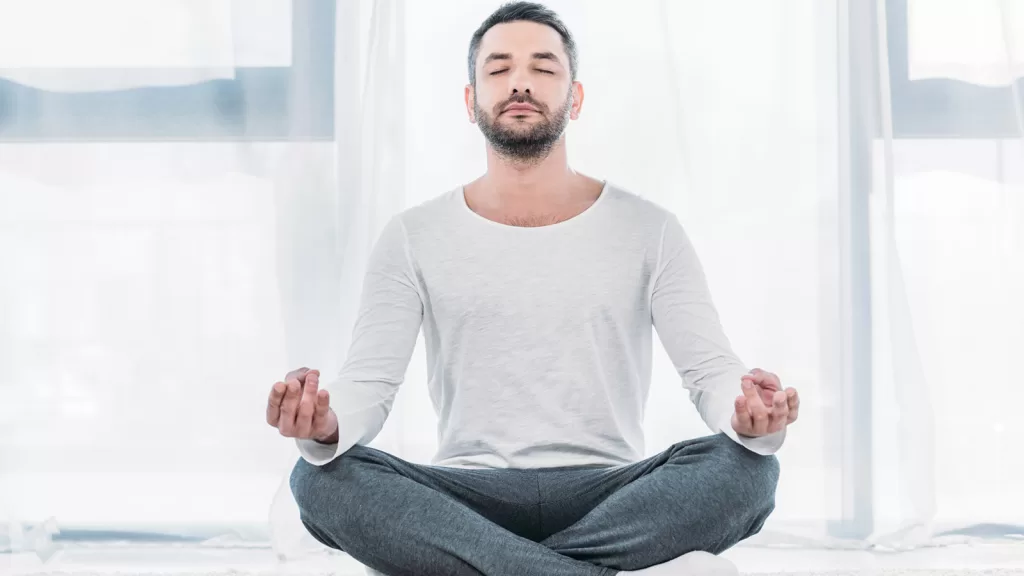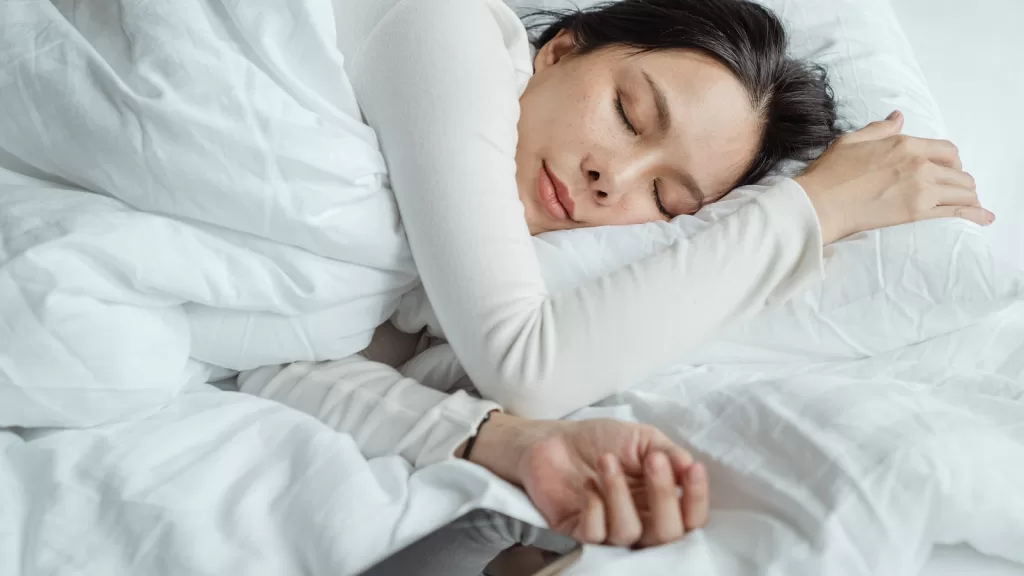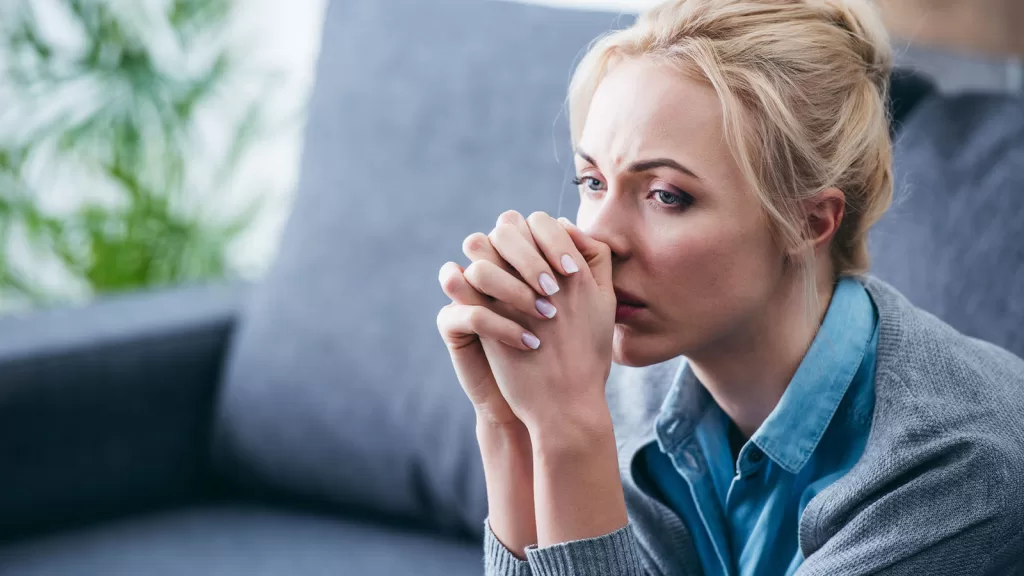Living with non-stop anxiety can be an overwhelming and challenging experience. Whether triggered by external stressors or internal factors (or even unexplained factors), persistent anxiety can have a significant impact on mental and physical well-being.
However, there are various strategies and coping mechanisms that can help individuals manage and alleviate anxiety. In this article, we will explore 16 effective ways to cope with non-stop anxiety, offering practical tips and techniques to promote mental health.
Practice Mindfulness Meditation

One powerful way to combat anxiety is through mindfulness meditation. By focusing on the present moment and observing thoughts without judgment, individuals can develop greater control over their minds.
Deep Breathing Exercises

Deep breathing exercises, such as diaphragmatic breathing, can help activate the body’s relaxation response. By taking slow, deep breaths, individuals can reduce the physiological symptoms of anxiety and promote a sense of calm.
Establish a Routine

Creating a daily routine provides structure and predictability, which can be particularly beneficial for those experiencing constant anxiety. A routine helps establish a sense of normalcy and control in daily life.
Regular Exercise

Physical activity has been shown to have a positive impact on mental health. Regular exercise releases endorphins, the body’s natural mood lifters, and can significantly reduce anxiety levels.
Limit Caffeine and Sugar Intake

Stimulants like caffeine can exacerbate anxiety symptoms. Consider reducing or eliminating caffeine and sugar intake, which can increase nervousness and restlessness.
Get Adequate Sleep

Lack of sleep can intensify anxiety. Ensure you get enough rest each night by practicing good sleep hygiene, such as maintaining a consistent sleep schedule and creating a comfortable sleep environment.
Seek Professional Support

If anxiety persists, seeking professional help is crucial. A mental health professional can provide guidance, therapy, and, if necessary, medication to manage anxiety effectively.
Connect with Supportive Individuals

Share your feelings with trusted friends or family members. Social support is a crucial component of mental health, and having a supportive network can help alleviate feelings of isolation and anxiety.
Limit News Consumption

Constant exposure to negative news can contribute to heightened anxiety. Set limits on news consumption and choose reliable sources to stay informed without overwhelming yourself.
Engage in Hobbies

Pursuing activities you enjoy can serve as a healthy distraction from anxiety. Engaging in hobbies provides a sense of accomplishment and pleasure, contributing to overall well-being.
Practice Gratitude

Cultivate a mindset of gratitude by regularly acknowledging and appreciating positive aspects of your life. This practice can shift focus away from anxiety-inducing thoughts.
Progressive Muscle Relaxation

Progressive muscle relaxation involves tensing and then gradually releasing different muscle groups. This technique promotes physical relaxation, which can, in turn, ease mental tension.
Set Realistic Goals

Break down larger tasks into smaller, more manageable goals. Setting realistic and achievable objectives helps reduce feelings of overwhelm and anxiety.
Learn Time Management

Effective time management can contribute to a sense of control and accomplishment. Prioritize tasks, set deadlines, and break down projects into smaller steps to manage time efficiently.
Educate Yourself About Anxiety

Understanding the nature of anxiety can be empowering. Please educate yourself about anxiety disorders, their symptoms, and available treatments to better navigate your own experiences.
Consider Holistic Approaches

Explore holistic approaches such as acupuncture, yoga, or herbal supplements. While not a substitute for professional medical advice, some individuals find complementary therapies beneficial in managing anxiety.



